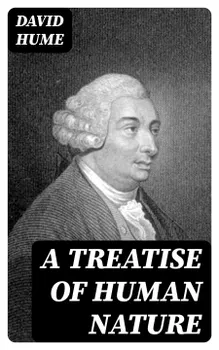In "A Treatise of Human Nature," David Hume presents a groundbreaking examination of human psychology, ethics, and the foundations of knowledge. Divided into three books, this work employs a clear, empirical style, blending philosophical inquiry with vivid illustrations drawn from human experience. Hume explores the nature of the self, the role of emotions in decision-making, and the basis of moral judgments, foregrounding a naturalistic view that challenges the rationalist traditions of his day. His emphasis on skepticism and empiricism situates the treatise within the Enlightenment's broader philosophical landscape, prompting readers to question the certainties of prior epochs. David Hume (1711-1776), a Scottish philosopher, historian, and economist, was a central figure in the Scottish Enlightenment. His diverse background in both academic and practical pursuits informed his philosophical approach, enabling him to address the complexities of human nature with both rigor and accessibility. Hume's engagement with key issues of his time, such as religion and epistemology, reflects his commitment to grounding philosophy in lived human experience. This seminal work is recommended for anyone seeking a profound understanding of human cognition and morality. Hume's insights remain pertinent in contemporary debates across philosophy, psychology, and ethical discourse, making this treatise an essential read for scholars and laypersons alike.
A Treatise of Human Nature
Begin vandaag nog met dit boek voor € 0
- Krijg volledige toegang tot alle boeken in de app tijdens de proefperiode
- Geen verplichtingen, op elk moment annuleren
Auteur:
Taal:
Engels
Formaat:

A Treatise of Human Nature
David Hume
book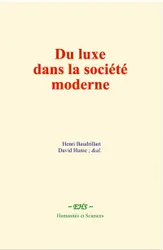
Du luxe dans la société moderne
Henri Baudrillart, David Hume, E. de Laveleye
book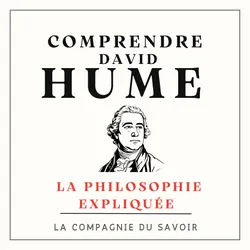
Comprendre David Hume
David Hume
audiobook
50 citations de David Hume
David Hume
audiobook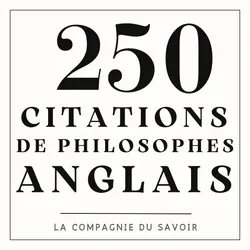
250 citations de philosophes anglais
David Hume, John Locke, Francis Bacon, Thomas Hobbes, Thomas More
audiobook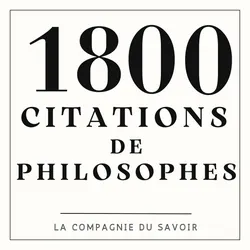
1800 Citations de philosophes
Aristote, Épicure, Platon, Thalès de Milet, – Socrate, Protagoras, Anaximandre, Épictète, Héraclite, Marc Aurèle, René Descartes, Michel de Montaigne, Alexis de Tocqueville, Voltaire, Charles De Montesquieu, Jean-Jacques Rousseau, Emmanuel Kant, Hannah Arendt, Gottfried Wilhelm Leibniz, Georg Wilhelm Friedrich Hegel, Friedrich Nietzsche, Arthur Schopenhauer, David Hume, John Locke, Francis Bacon, Thomas Hobbes, Thomas More, Confucius, Érasme, Lao Tseu, Baruch Spinoza, Søren Kierkegaard, Nicolas Machiavel, Thomas d'Aquin, Henry David Thoreau
audiobook
The History of England Volume 6 : Containing the Commonwealth, Charles II and James II
David Hume
audiobook
The Dark Ages Collection : Chronicles of a Transformative Era
John Bagnell Bury, Edward Creasy, Henry Bradley, Edward Gibbon, David Hume
book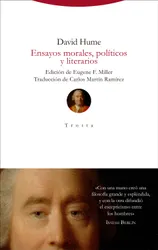
Ensayos morales, políticos y literarios
David Hume
book
The History of England Volume 5 : James I and Charles I
David Hume
audiobook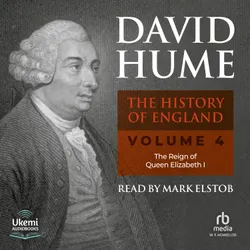
The History of England Volume 4 : The Reign of Queen Elizabeth I
David Hume
audiobook
The History of England Volume 3 : From Henry VII to Mary
David Hume
audiobook
